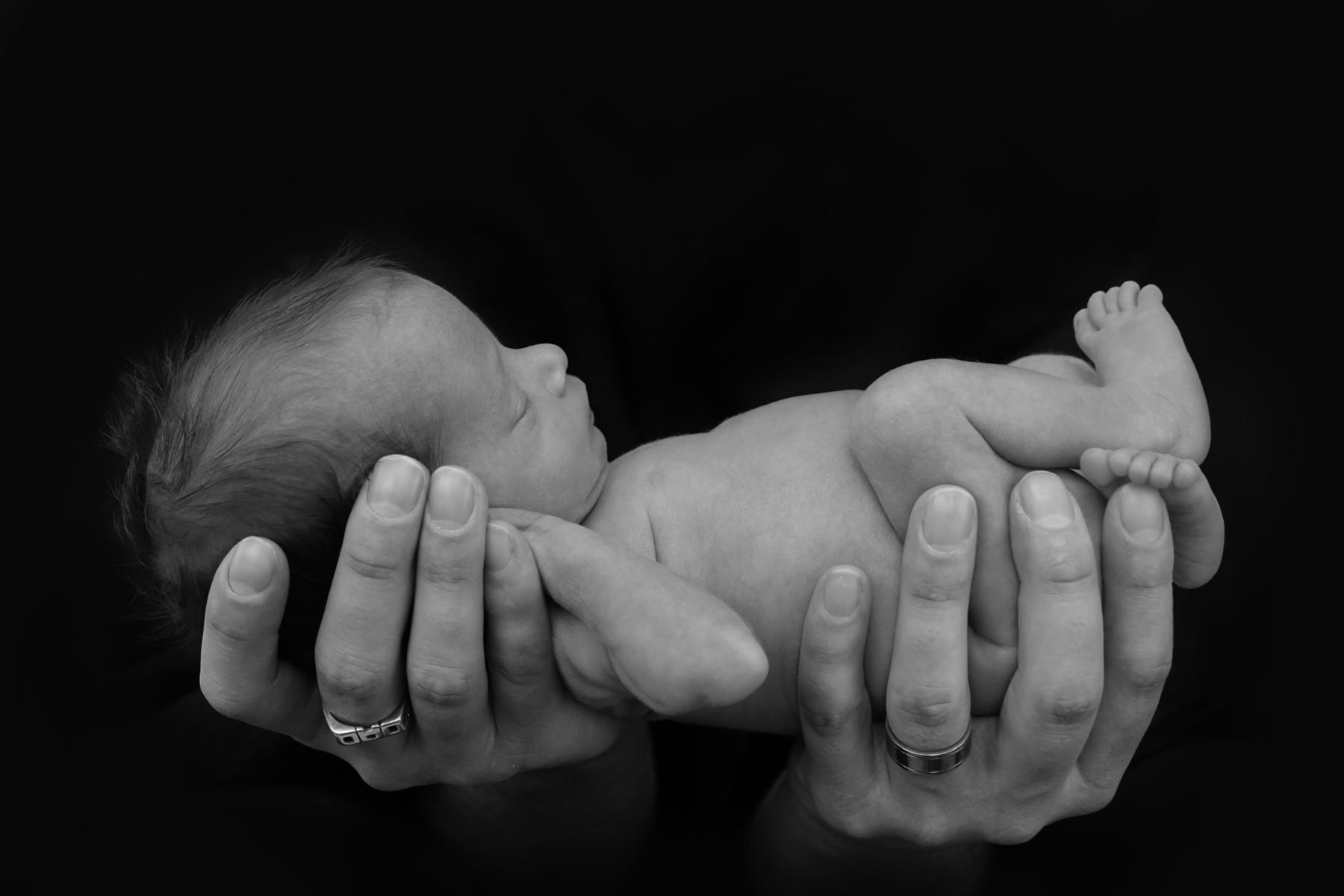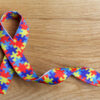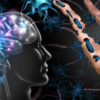Infants who are born after gestation with a weight lower than 3.5 kilos may be at a higher risk of neurodevelopmental problems such as autism and cerebral palsy, new research in Epidemiology suggests.
According to experts at the University of Bergen, nearly two million births were assessed as part of the Medical Birth Registry in Norway. Through unique personal identifiers, data of the participants entailed having access to their health well into adulthood.
A 25-fold increased risk for the lowest birth weights was strongly associated with cerebral palsy. For autism spectrum disorder, it was a 3.5 fold.
“We conducted a population-based study of term birth weight and its link to a range of neurodevelopmental outcomes using Norwegian health registries,” the study states.
“The risk of neurodevelopmental disabilities at term steadily increased at birth weights lower than 3.5 kg.”
The determination of researchers was that reduced fetal growth is a predictor of neurodevelopmental problems independent of preterm delivery.
The study was published in 2021.


